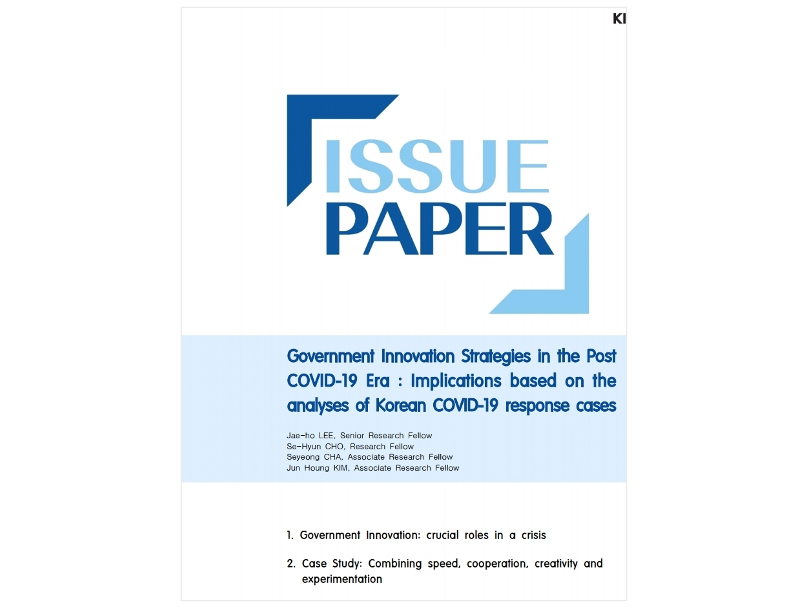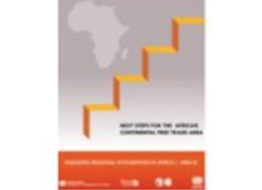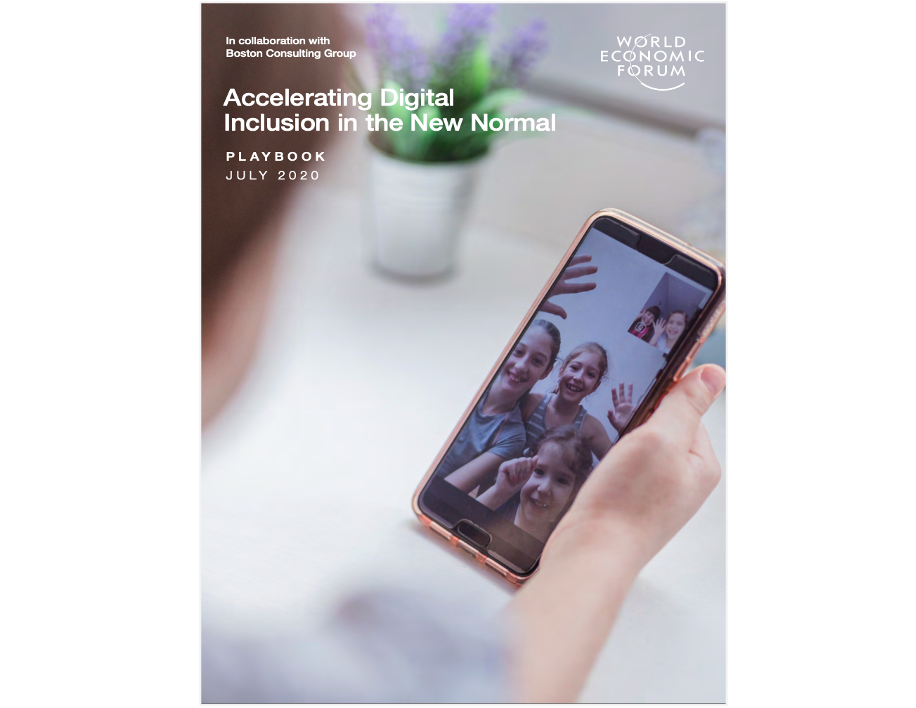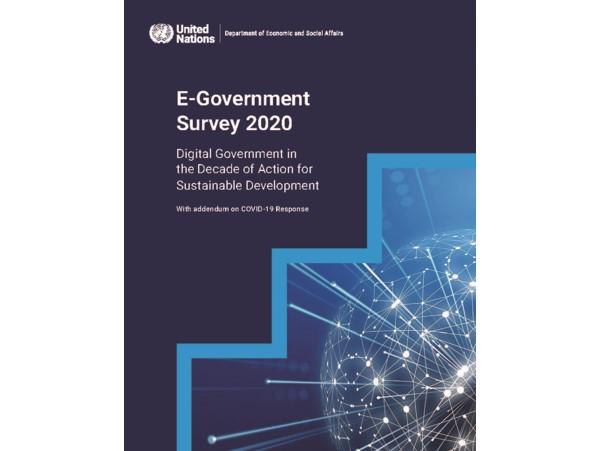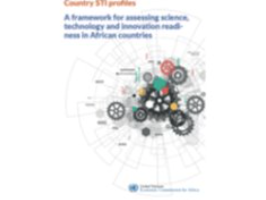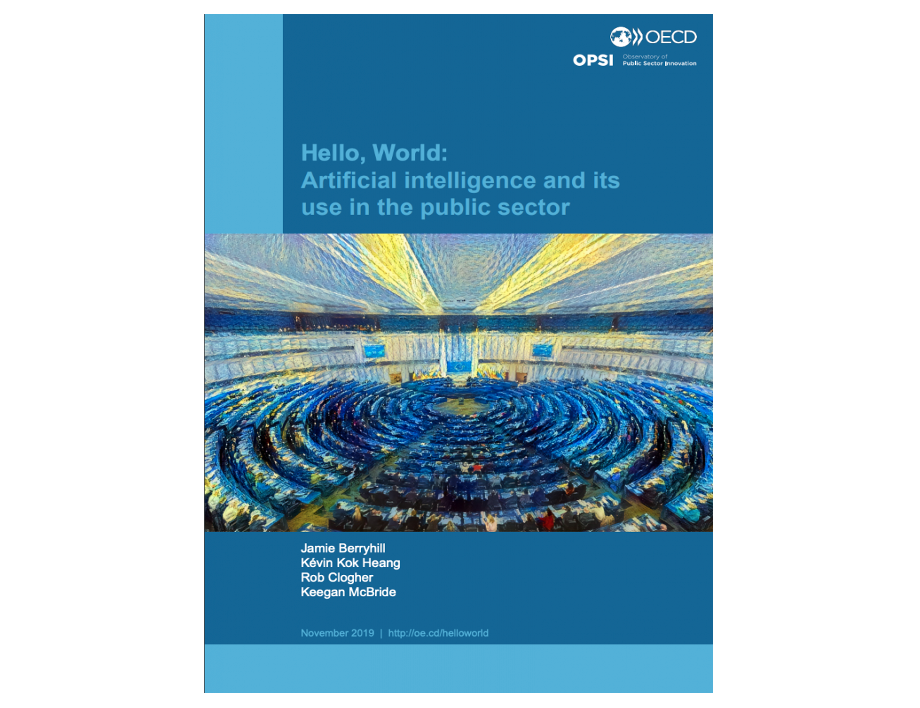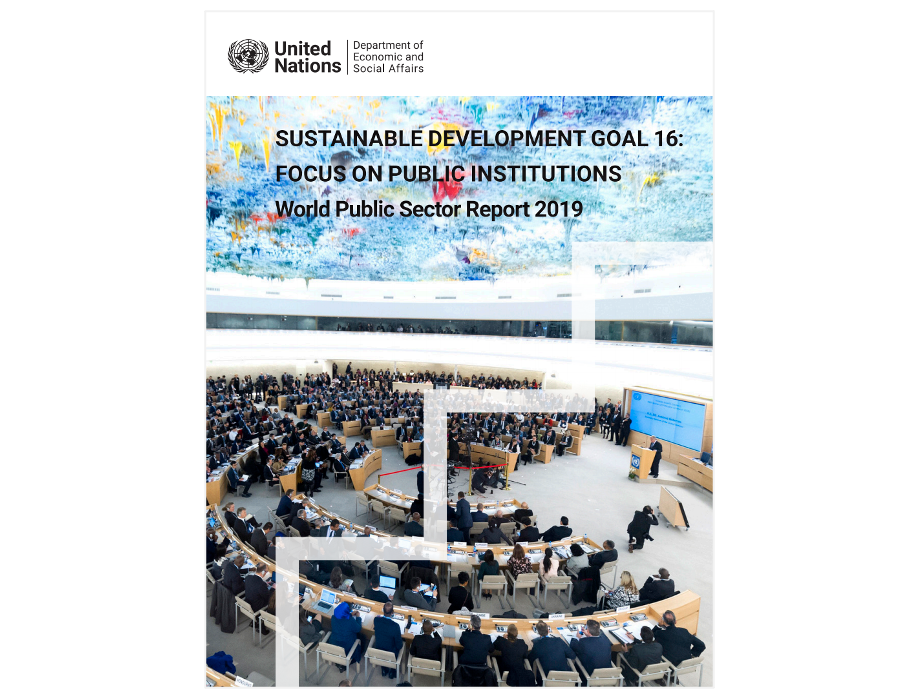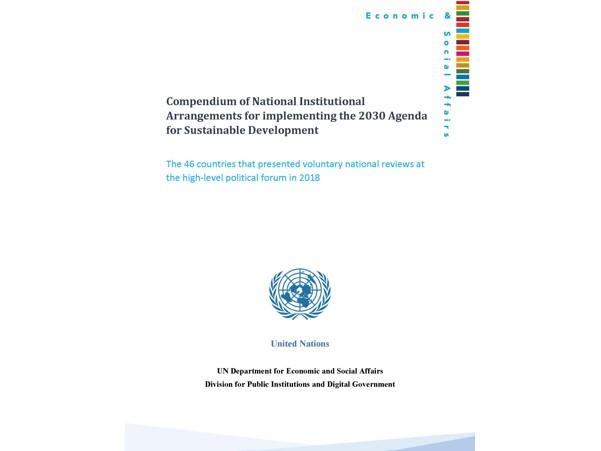Resources
Displaying 49 - 60 of 115
The Ingredients for Innovations in Small Town Ontario: Leadership& Culture
| English | Local Governance | Americas | Publication | IPAC/IAPC
The majority of services that Canadians receive from government are from local governments, including vital services, such as water, sanitation and public transit (Downer and Foster 2017). As more facets of their life move into the digital realm, Canadians are understandably demanding more digitally-focused servicing from their governments at all levels (Cukier 2019). Municipalities are facing increased expectations to meet this demand and…
Government Innovation Strategies in the Post COVID-19 Era Implications Based on the Analyses of Korean COVID-19 Response Cases
| English | Governance and Public Institutions | Asia and the Pacific | Publication | KIPA
Government Innovation Strategies in the Post COVID-19 Era : Implications based on the analyses of Korean COVID-19 response cases
1. Government Innovation: crucial roles in a crisis
2. Case Study: Combining speed, cooperation, creativity and experimentation
3. Government innovation strategies in the post COVID-19 era
File added date: March 2021
Author: KIPA
URL:https://www.kipa.re.kr/site/eng/research/selectBasicView.do;jsessionid=…
Legal Aspects of Open Government and Open Data
| English | Digital Government | Middle East | Publication | ESCWA
Laws and regulations related to access to information and openness are very important for the implementation of open government principles. These laws cover several areas, such as access to information, protection of personal data, citizen participation and anti-corruption. However, the access information law is the basis and core stone for open government. The adoption of this law, and its implementation are of great importance for launching…
Assessing Regional Integration in Africa - ARIA IX
| English | Digital Government | Africa | Publication | ECA
Signed by 52 African countries, the African Continental Free Trade Area (AfCFTA) is, by the number of participating countries, the largest trade agreement since the formation of the WTO. By 1 April 2019, only one year and ten days after the signature, the threshold of ratification by 22 countries required for the agreement’s entry into force had been reached. The speed of this ratification is unprecedented in African Union history.
With so…
Accelerating Digital Inclusion in the New Normal
| English | Digital Government | Global | Publication | WEF
COVID-19 has highlighted how critical digital connectivity is to governments, businesses, and society, and has brought a newfound sense of urgency to the digital inclusion agenda. While the crisis has enabled hundreds of millions to participate online, it has also exacerbated the digital divide for 47% of the world’s population that remains unconnected. The post-COVID world will be more digital – requiring more connectivity, digital skills, and…
United Nations E-Government Survey 2020
| Arabic | Chinese | English | Russian | Spanish | Digital Government | Global | Publication | UN DESA/DPIDG
The year 2020 witnessed a transformational change in global development as the United Nations Secretary-General António Guterres called on Member States and other stakeholders to “kickstart a decade of delivery and action for people and planet”, given the short time left to achieve the 2030 Agenda for Sustainable Development.By surveying and studying broad patterns of digital government around the world, the United Nations E-Government Survey…
Sustainable Development Goals: Building New Routes for Public Administrations
| English | Leadership and Public Servants’ Capacities | Americas | Publication | ICAP
The report contributes to three reflections that could be a little light on the current debate; The first is that there must necessarily be a reformulation of the seventeen SDGs or in any case a prioritization of their implementation. In this line, and in line with the proposal of authors specialized in development and what is expressed by international organizations themselves, the collaborative action between the State and society should…
A Framework for Assessing Science, Technology and Innovation Readiness in African Countries
| English | Innovation and Service Delivery | Africa | Publication | ECA
An understanding of the nature of economic growth is a central preoccupation of the present report. A pertinent analysis of economic growth is found in the work by Robert J. Gordon, The Rise and Fall of American Growth, in which Gordon points out an often forgotten fact: that economic growth is neither steady nor continuous (Gordon, 2016). When growth occurs (or declines), therefore, it is essential that policymakers, researchers and analysts…
Hello, World: Artificial Intelligence and Its Use in the Public Sector
| English | Digital Government | Global | Publication | CIIIAP
The primer is the result of 10 months of research and analysis focused specifically on the use and implications of AI in government. It has benefited from the input of dozens of experts and stakeholders, including through a seven-week public consultation, which received about 1,500 comments from over 75 individuals or organisations, including governments, academics, AI experts, businesses, and civil society organisations. OPSI made many…
World Public Sector Report 2019 - Sustainable Development Goal 16: Focus on Public Institutions
| English | Governance and Public Institutions | Global | Publication | UN DESA/DPIDG
The 2030 Agenda and the Sustainable Development Goals (SDGs) prominently feature institutions, both as a cross-cutting issue in many of the goals and as a standalone goal (SDG 16). The World Public Sector Report 2019 looks at national-level developments in relation to several concepts highlighted in the targets of Goal 16, which are viewed as institutional principles: access to information, transparency, accountability, anti-corruption,…
Compendium of National Institutional Arrangements for implementing the 2030 Agenda for Sustainable Development: 2019 Update
| English | Governance and Public Institutions | Global | Publication | UN DESA/DPIDG
Since the adoption of the 2030 Agenda for Sustainable Development in 2015, countries have continuously updated institutional arrangements in order to enable government institutions and other stakeholders to deliver the objectives encapsulated in the Agenda.
This compendium, prepared by the Division for Public Institutions and Digital Government (DPIDG) of the United Nations Department of Economic and Social Affairs, aims to document…
United Nations E-Government Survey 2018
| Arabic | Chinese | English | Russian | Spanish | Digital Government | Global | Publication | UN DESA/DPIDG
The 2018 UN E-Government Survey is published as the implementation of the 2030 Agenda for Sustainable Development Goals (SDGs) advances to its third year. Governments have the critical responsibility to pursue policies and measures to build resilience and assist those most affected by shocks in achieving SDGs. They must find ways to anticipate disasters and shocks and lower their impact. Digital technologies are increasingly being used by…
 欢迎来到联合国,您的世界!
欢迎来到联合国,您的世界!
